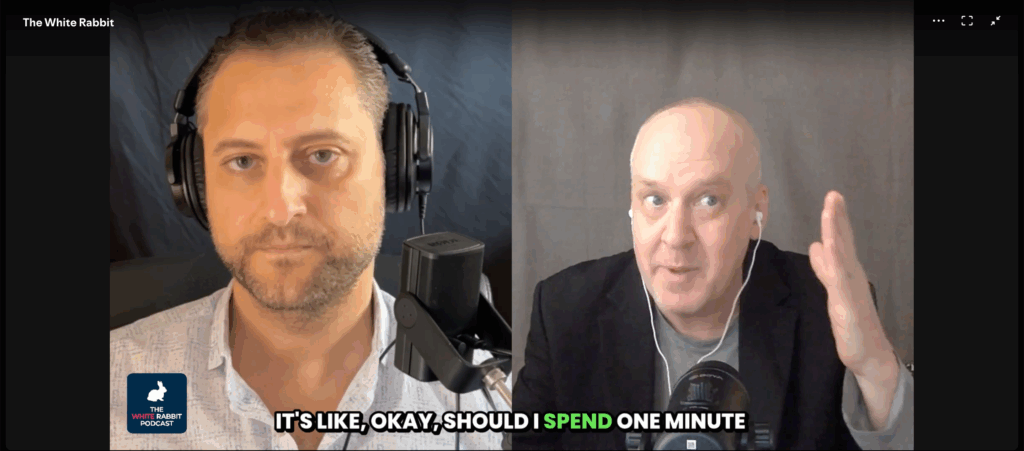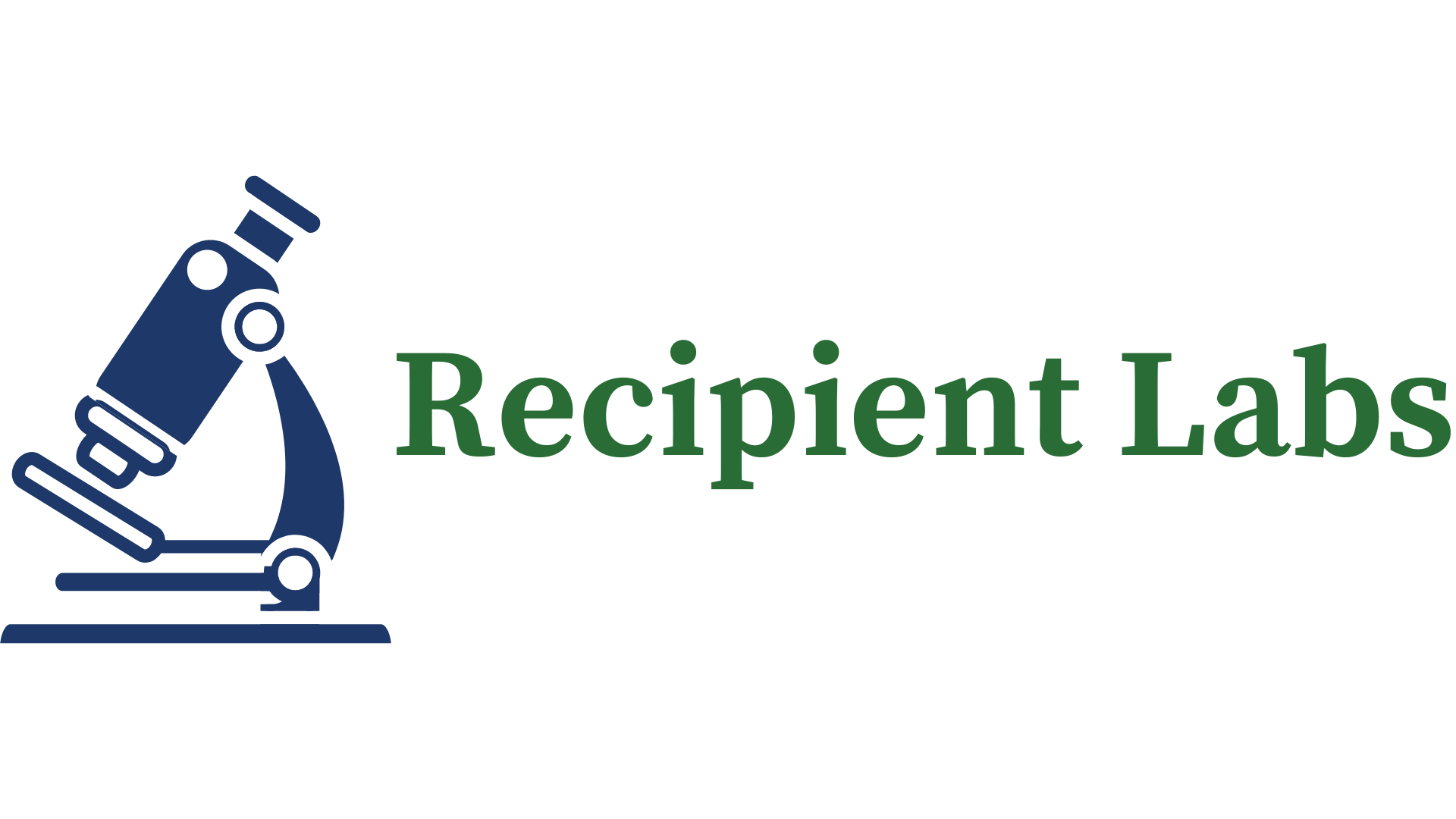In a new episode of the podcast, Alper and I riff on building trust, one of the common themes we heard recent guests touching on.
We mentioned things like borrowing trust from the audience’s parents, putting yourself into your stories, etc. Also, Alper discusses an interesting point, which is the power of saying no to your audience.
But one other thing comes to mind, something that Alper and I didn’t mention in this episode. And that is something one of our recent podcast guests, Wes Wheless, brings up in one of his own newsletters.
In his newsletter, Wes discusses an article he recently read about walled gardens on the internet. The article’s author speculates that ChatGPT will shortly become a walled garden, but then points out counter-arguments as to why that might not be the case.
The implication is that by pointing out these counter-arguments, you proactively “own” the counter-arguments, and thus become someone who sees a bigger picture, not just someone who is trying to defend a smaller territory.
In Wes’ words, “Rather than weakening our message, [counter-arguments] can actually add credibility.”
That’s something you might want to keep in mind for your presentations. Be careful with this approach. Presentations, by nature, tend to be focused on making the case for one point, and you don’t want to confuse your audience with a bunch of alternatives.
But the technique of proactively acknowledging the other alternatives is something you should consider. It will help build the trust Alper and I were talking about.

